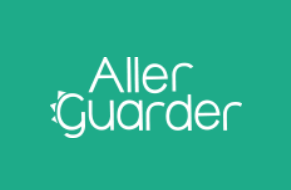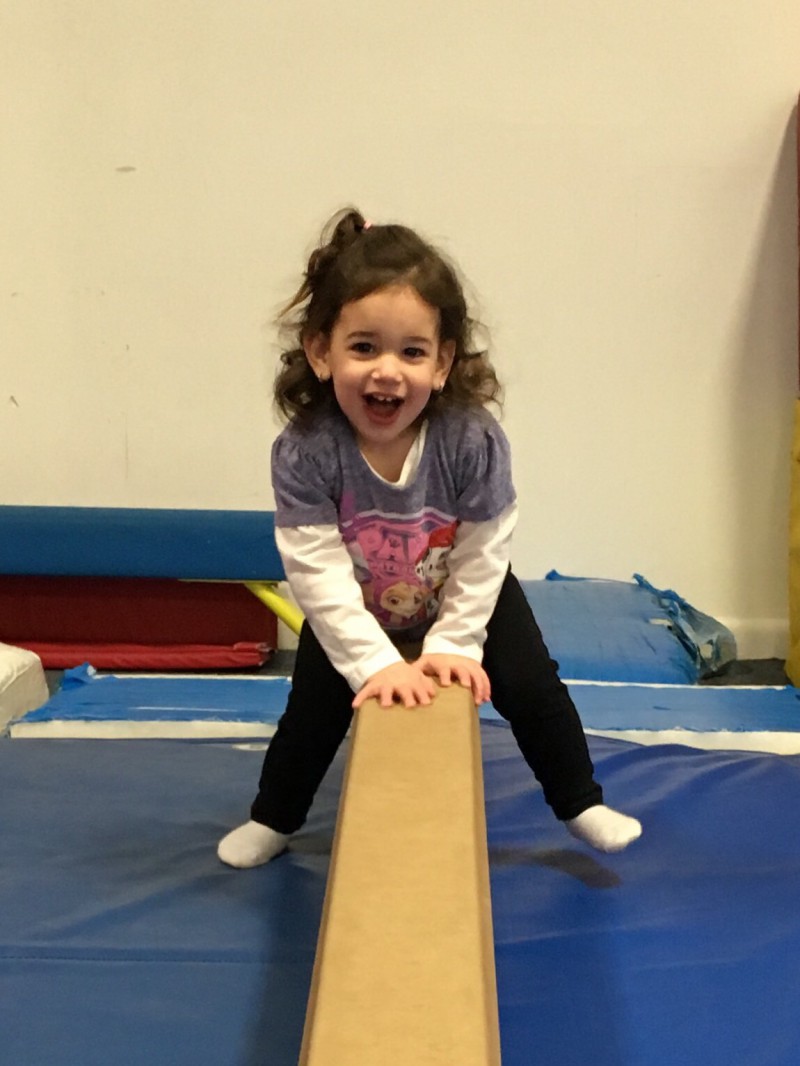Several days ago we got the news that we no longer have 2 kids with food allergies—we now have 3. Sadly, our 2 year old daughter has now tested positive for food allergies as well.
What a bummer!
Our first 4 children have no food allergies—why do 3 out of our next 4 children have them? How did this happen? Unfortunately, it remains a mystery. Experts cannot explain the massive rise in food allergies around the world—but the statistics are staggering.
With a new addition joining our family’s food allergy crew, I am reminded of some of the tips I’ve learned along the way to help protect my children. For those of you who are new to the whole food allergy thing, here are my top 5 steps you need to take when your child is diagnosed with food allergies:
- Get your head straight. This is not the end of the world. Your child can live a safe and normal life. You just need to make some adjustments and be more careful.
- Get educated! Learn how to keep your child safe and what to do in case of emergency.
- Avoid allergic reactions in the first place…prevention and awareness. According to the American Academy of Allergy, Asthma & Immunology, “there is currently no cure for food allergies; nor are there medicines to prevent reactions. Yet there are steps you should take to manage your condition. The most important of these is avoiding coming in contact with food proteins that can cause an allergic reaction.”
- Understand food allergy symptoms—discuss with your child’s doctor how to spot an allergic reaction and what to do if your child is having one.
- Be prepared for an anaphylactic reaction. Learn what the signs are and how to administer epinephrine.
- Work with your child’s doctor on an Emergency Action Plan. Review it. Make sure that if an emergency does occur you know exactly what to do. Share it with those you love.
- Get your house in order. Make sure your child is safe in your home and in your care.
- Read labels on all food brought into your house.
- Avoid “made in a facility” and “may contain”. They can be dangerous!
- Be extra diligent when eating out or going on vacation.
- Train everyone in your family on the new “rules of the house” and teach your allergic child at age-appropriate intervals proper protective and preventive steps. This doesn’t have to be scary, and the tone that you use to communicate can make the difference between living in fear and living with healthy boundaries.
- Focus on the foods your child can eat. Sure it can be overwhelming at first, but for the majority of food allergy families there are some amazing food options. With so many millions of food allergic people in the US, dozens of food companies have begun to recognize and cater to this growing market.
- Connect online. There many resources online. Whether by reaching out to non-profits or joining allergy support groups, chances are someone has already been in your shoes and can offer some amazing advice regarding an issue you are having.
- Educate those close to you and your child. Do everything you can to ensure that your child is safe when out of your care.
- Inform, warn, and train your close friends and family as well as your child’s babysitter. Anyone who takes care of your child should be aware of your child’s allergies, on board with your rules, and familiar with your Emergency Action Plan.
- Notify your child’s school. File a Food Allergy Action Plan with the nurse’s office.
- Become your child’s advocate…everywhere. Restaurants, family dinners, play dates, doctors, school, camp. You cannot be shy. You have an obligation to be a pest. When in doubt…speak up! Your job is to keep your child safe. Period.
Are you a seasoned food allergy parent?
What helpful tips can you share for those whose children are newly diagnosed with food allergies?



Leave A Comment?